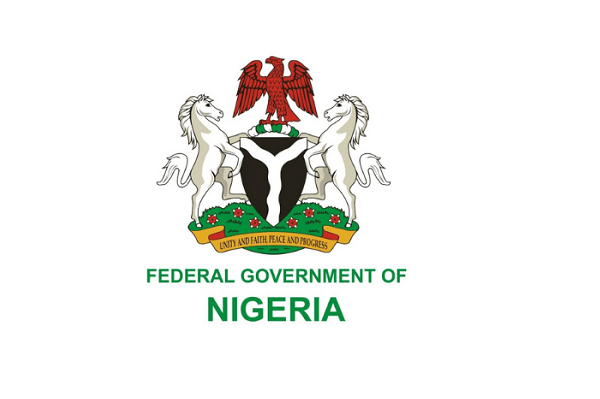By Editorial The Nation
With more allocations to them, Nigerians should focus more on their governors rather than the centre.
It is not entirely surprising that the mid-term reviews by analysts have dwelt more disproportionately on the activities of the Federal Government as against what the states and local governments are doing. That is partly understandable in a country where even those running the affairs at the sub national levels also see Abuja as some Father Christmas, and which only needs to sneeze for citizens dwelling in the remotest corners of the federation to catch cold.
Yet, Nigerians can truly make sense of the progress or lack thereof of the past two years only when the activities of its sub nationals are taken into account.
Without doubt, the last two years have been most challenging for Nigerians. The Federal Government had to remove the subsidy on fuel, whose retention had posed an existential threat to the nation’s fiscal health. The hitherto ruling multiple foreign exchange system and its embedded corruption, with its corollary of wealth without work, also had to go.
Read Also: E-visa system processes over 14,000 applications in six weeks, says minister
The impacts of the twin policies were immediate: prices of goods and services shot up astronomically as indeed the cost of doing business. Far less tolerable was food inflation, exacerbated by the spate of insecurity, as farmers could no longer freely access their farms to carry out their daily routines.
The Federal Government came up with palliatives and other interventionist measures to cushion the impacts of these policies. Unfortunately, their management, particularly by the states, would leave too much to be desired.
In fact, a great number of the states were practically missing in action when it mattered most. Others simply bungled provisions that were designed to provide succour for the people. The same with the new minimum wage; although most states had publicly declared their commitment, in the end, this was treated just like another line item in their public accounting.
This was despite the fact that the central government had let out the fact that the measures were going to be painful; and that these were necessary to maintain macro-economic stability.
Which is why the management of the dividends that came after, particularly the accruals into state treasuries, turned out to be no different. Yes, the reforms came with more money to spend, but far too little to show for it – two years after. In other words, the dividends are yet to trickle down to the ordinary citizen.
Admittedly, states’ expenditures somewhat ballooned as a result of inflation. Worse hit were those with foreign exchange components in the aftermath of the currency’s devaluation. But so was the issue of wastes in government left largely unaddressed. In all, none of the states could have complained as their accruals were known to have trebled almost across the board. Not even with the new minimum wage which came after.
Truth is, if Nigerians expected more from their governors at this time, this, has for the most part, turned out to be mere wishful thinking. In fact, the perception, largely, is that outcomes have been sub-par. Across most state capitals, it tended to be business as usual. In fact, with perhaps the exception of a few states, majority of the governors seem totally oblivious of the fact that their action and inaction were no less contributory to the anger that pervades the country.
Going forward, we expect things to change dramatically. With the macro-economic environment substantially stabilising and the inflation rate going down, we expect to see these translate to enhanced purchasing power for the ordinary Nigerian and for businesses a more clement environment.
In all, we expect to see some urgency injected into the project delivery process, considering that the country will soon switch into the electioneering mode. Part of the current imperative is better synergy between the states and the Federal Government to tame the monster of insecurity; a more aggressive partnership to upgrade critical social services in health and education, to enhance the standard of living.
